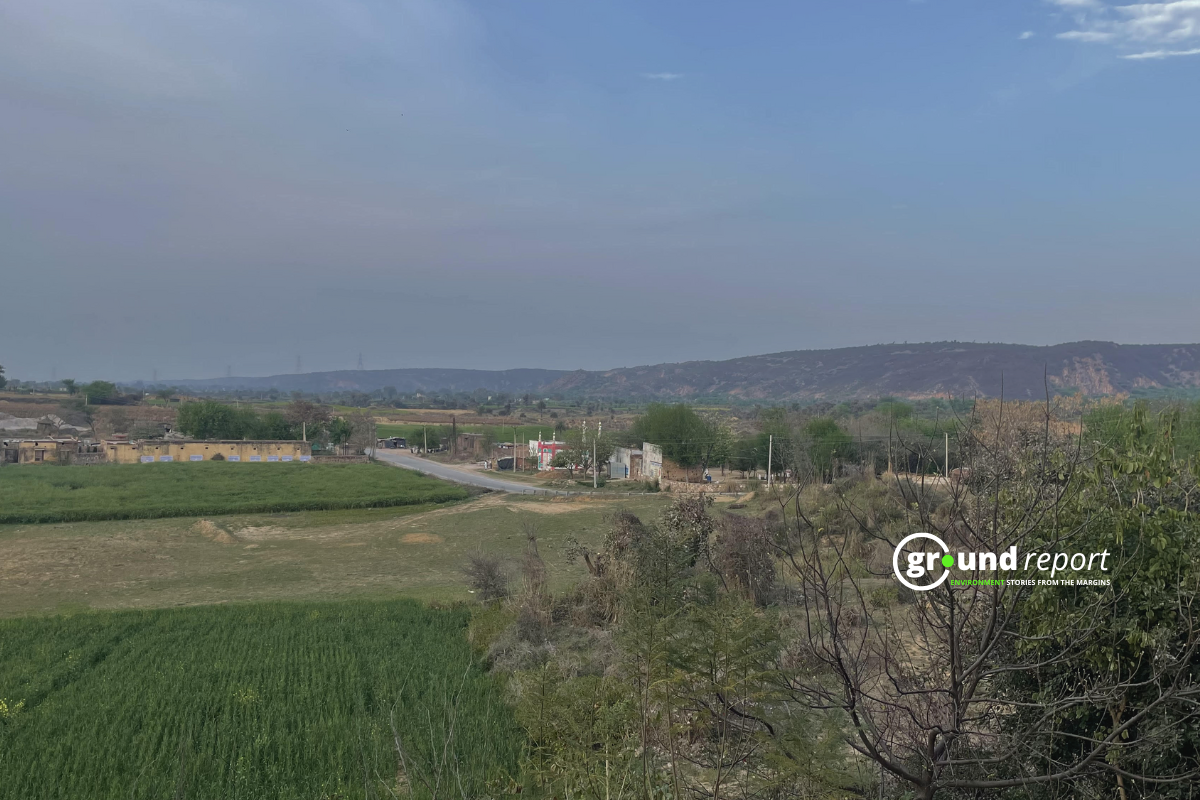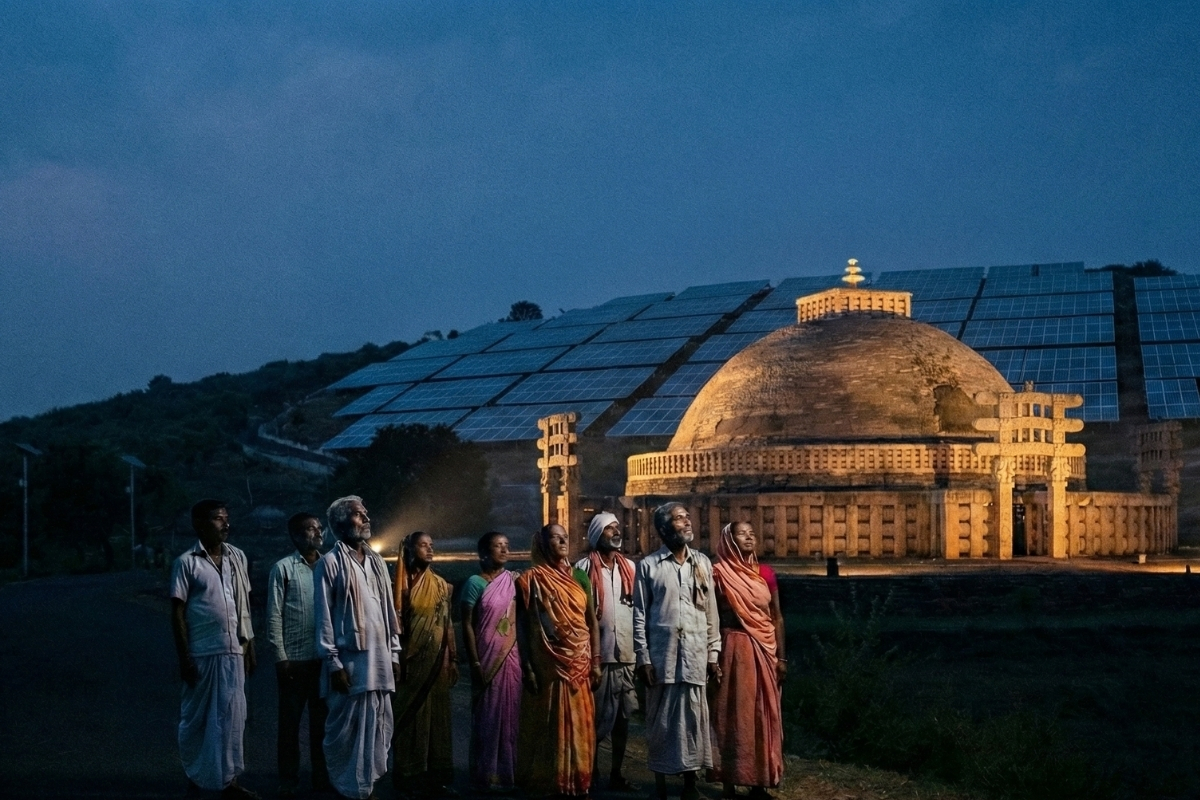A sweltering heatwave hit Delhi on Wednesday, reaching unprecedented levels. A weather station in the city’s Mungeshpur area recorded a staggering 52.3 degrees Celsius, the highest-ever temperature in the national capital, surpassing India’s previous record.
Delhi Records Highest Ever Temperature
The India Meteorological Department (IMD) reported “severe heat-wave conditions” and confirmed that the temperature reading at the Jawahar Navodaya Vidyalaya in Mungeshpur village, an automatic weather station (AWS), broke Rajasthan’s national record.
“It’s excessively hot, almost like raining fire.” Last year, there were no heatwaves at peak summer, and it rained occasionally. Even a year before, the summer wasn’t as punishing.”
The heatwave has led to a surge in power demand. The national capital reported an all-time high of 8,302 megawatts (MW) as residents turned on power-intensive air-conditioning to seek relief from the scorching temperatures.
Mahesh Palawat, Vice President- Meteorology and Climate Change, Skymet Weather, said, “Since last week, the entire Northwest India, especially parts of Rajasthan and Delhi NCR have been under the grip of severe heat waves. Maximum temperatures have been constantly above the 45-degree mark, which has made the current heatwave a prolonged one.”
“We saw a similar spike in temperatures in 2016 on account of El Nino which is a natural and temporary driver of global warming. However, climate change has made things worse for India. El Nino will continue to form in the Pacific Ocean, but we need to limit average global temperatures at any cost; otherwise, similar situations will arise again and again. Climate change has been making heat waves more intense and frequent. 2024 is again a reminder of this,” Palawat added.
Other areas in the region recorded extreme temperatures. Phalodi in Rajasthan hit 51 degrees Celsius and Sirsa in Haryana reached 50.3 degrees Celsius.
The heatwave has disrupted daily life and raised concerns about health risks. “Prolonged high temperatures can lead to heat-related illnesses. Authorities have issued advisories urging residents to stay hydrated, limit outdoor activities, and seek medical attention for symptoms like dizziness, nausea, or muscle cramps. Meteorologists are monitoring for relief in the coming days.
Heatwave disrupted daily life
Dr. Akshay Deoras, Research Scientist, National Centre for Atmospheric Science, University of Reading, UK, said, “This year’s summer season in India is very unique. While frequent thunderstorms and cloud cover prevented the onset of high temperatures and heat waves over most of the country between March and mid-May, a stable weather pattern has been instigating heat waves for the last couple of days.”
The heatwave has disrupted daily life and raised concerns about health risks. “Prolonged high temperatures can lead to heat-related illnesses. Authorities have issued advisories urging residents to stay hydrated, limit outdoor activities, and seek medical attention for symptoms like dizziness, nausea, or muscle cramps. Meteorologists are monitoring for relief in the coming days.
“With a persistent maximum temperature above 45 degrees Celsius, a crunched summer season is turning out to be deadly across northwestern India, and El Niño is playing an important role in boosting temperatures this year. We already have clear evidence of global warming increasing the frequency, intensity and duration of heat waves across the globe, and El Niño is adding more to this effect,” said Dr. Deoras.
Keep Reading
Part 1: Cloudburst in Ganderbal’s Padabal village & unfulfilled promises
India braces for intense 2024 monsoon amid recent deadly weather trends
Support us to keep independent environmental journalism alive in India.
Follow Ground Report on X, Instagram and Facebook for environmental and underreported stories from the margins. Give us feedback on our email id greport2018@gmail.com.
Don’t forget to Subscribe to our weekly newsletter, Join our community on WhatsApp, and Follow our YouTube Channel for video stories.






